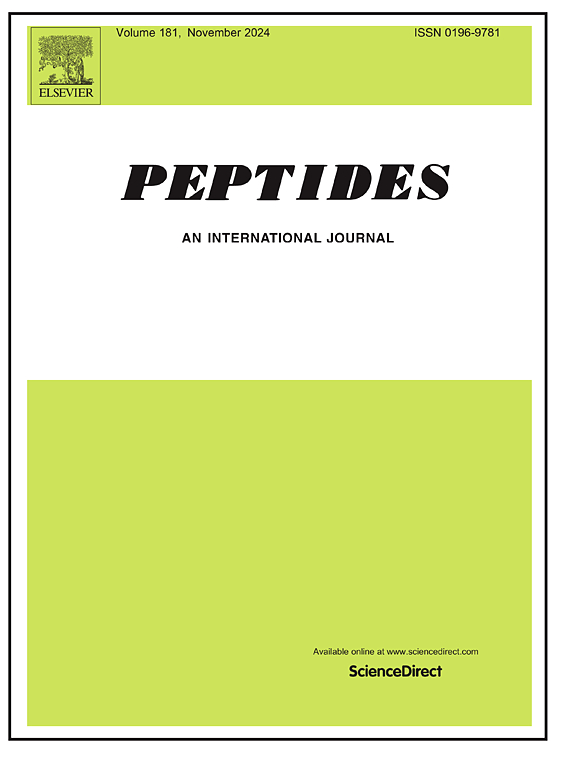缺氧条件下抑制心肌细胞中 B 型钠尿肽基因的表达
IF 2.8
4区 医学
Q3 BIOCHEMISTRY & MOLECULAR BIOLOGY
引用次数: 0
摘要
一些细胞生物学研究主要关注缺氧环境对心肌细胞的影响。然而,缺氧条件对心肌细胞的影响在很大程度上仍未得到探讨。在本研究中,我们研究了缺氧对心肌细胞中 B 型钠尿肽(BNP)基因表达的直接影响。使用 95% N2/5% CO2 饱和的密闭室将新生大鼠心肌细胞(NRCMs)暴露于缺氧状态。缺氧超过 8 小时后,NRCM 中的 BNP mRNA 水平大幅降低,而复氧后,BNP 基因表达水平以时间依赖性方式恢复,并在复氧 24 小时后显著增加。缺氧条件下被抑制的 BNP mRNA 水平在醛固酮诱导的钠-质子交换子 1(NHE1)激活后显著升高,而 NHE1 抑制剂可消除这种激活,这表明缺氧至少部分以 NHE1 依赖性的方式降低了 BNP 基因的表达。总之,我们发现缺氧条件下心肌细胞中 BNP 基因表达减少,这与之前研究发现缺氧条件下 BNP 表达增加形成了鲜明对比。这些发现揭示了一个新的观点,即在各种心血管疾病(如心肌梗塞)中,在单个心脏组织内,心肌细胞在缺氧和缺氧区域的生物反应是根本不同的。本文章由计算机程序翻译,如有差异,请以英文原文为准。
Suppression of B-type natriuretic peptide gene expression in cardiomyocytes under anoxic conditions
Several cell biology studies have focused on the effects of hypoxic environments on cardiomyocytes. However, the effect of anoxic conditions on cardiomyocytes remains largely unexplored. In the present study, we investigated the direct effects of anoxia on B-type natriuretic peptide (BNP) gene expression in cardiomyocytes. Neonatal rat cardiomyocytes (NRCMs) were exposed to anoxia using an airtight chamber saturated with 95 % N2/5 % CO2. BNP mRNA levels in NRCM were substantially reduced after more than 8 h of anoxia exposure, whereas after reoxygenation, BNP gene expression levels recovered in a time-dependent manner and significantly increased after 24 h of reoxygenation. BNP mRNA levels suppressed under anoxic conditions were significantly increased by aldosterone-induced activation of sodium-proton exchanger 1 (NHE1), which was canceled by an NHE1 inhibitor, suggesting that anoxia reduces BNP gene expression, at least in part, in an NHE1-dependent manner. In summary, we found that BNP gene expression in cardiomyocytes decreases under anoxic conditions, in contrast to previous research findings that BNP expression increases under hypoxic conditions. These findings reveal a new insight that, within a single heart tissue in various cardiovascular diseases, such as myocardial infarction, the biological responses of cardiomyocytes are fundamentally different in regions of anoxia and hypoxia.
求助全文
通过发布文献求助,成功后即可免费获取论文全文。
去求助
来源期刊

Peptides
医学-生化与分子生物学
CiteScore
6.40
自引率
6.70%
发文量
130
审稿时长
28 days
期刊介绍:
Peptides is an international journal presenting original contributions on the biochemistry, physiology and pharmacology of biological active peptides, as well as their functions that relate to gastroenterology, endocrinology, and behavioral effects.
Peptides emphasizes all aspects of high profile peptide research in mammals and non-mammalian vertebrates. Special consideration can be given to plants and invertebrates. Submission of articles with clinical relevance is particularly encouraged.
 求助内容:
求助内容: 应助结果提醒方式:
应助结果提醒方式:


